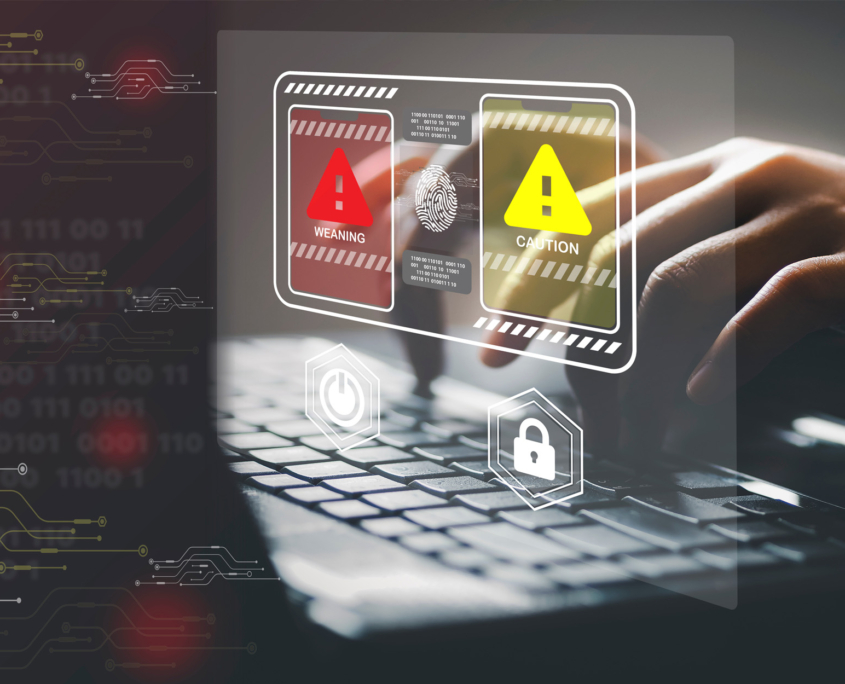The COVID-19 pandemic led to major shifts in how businesses and organizations operate, with remote work becoming the norm for many. However, with this increased connectivity comes increased vulnerability to cybersecurity threats, making it more important than ever to continually reassess and fortify your defenses.
With employees accessing systems from personal devices and unsecured home networks, the attack surface has grown exponentially. Phishing scams and ransomware attacks aimed at remote workers have skyrocketed. In addition, the rapid adoption of cloud-based collaboration tools often outpaces security protocols.
To safeguard your data and operations, you must take essential steps like:
- Implementing multifactor authentication: Multifactor authentication adds an extra layer of security by requiring users to provide multiple forms of verification, ensuring that even if one authentication factor is compromised, your account remains secure.
- Establishing strong password policies: Enforcing strong password policies involves requiring users to create passwords that are long, complex, and include a mix of letters, numbers, and special characters.
- Providing cybersecurity training to employees: Cybersecurity training educates your employees on recognizing phishing attempts, practicing safe browsing habits, and understanding the importance of data protection.
- Deploying endpoint detection and response tools: Endpoint detection and response (EDR) tools monitor endpoints like computers and mobile devices for suspicious activities or signs of malware, allowing you to identify, contain, and remediate threats.
- Conducting regular risk assessments and audits: Systematically evaluating your organization’s security practices, identifying vulnerabilities, and measuring compliance allows you to better defend against emerging threats.
- Keeping systems up-to-date: Patching and upgrading to the latest versions closes security holes that attackers exploit.
- Utilize firewalls and endpoint protection: Firewalls filter out dangerous traffic, while endpoint security suites safeguard individual devices.
- Secure the cloud: With data increasingly stored in the cloud, cloud access security brokers, encryption, and tools like multifactor authentication are essential.


